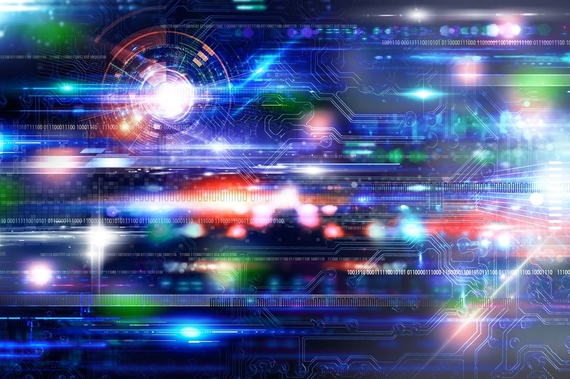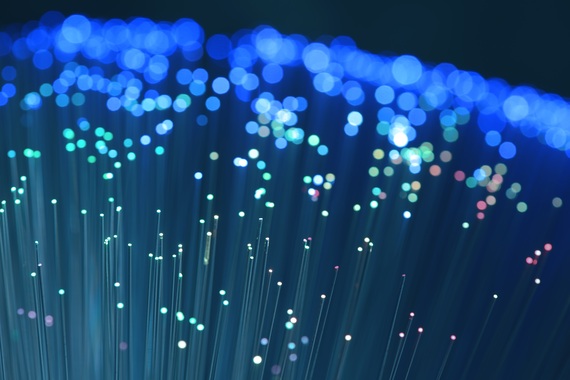Technology permeates all aspects of our daily lives, be it at work, leisure or managing our health and relationships. And while things like Artificial Intelligence (AI), virtual reality, 5G networks, nano and bio-technologies are constantly in the headlines, there is another less prominent but extremely important revolution happening: The User Experience and the interaction between users and new technologies.
Here are the three trends we can't ignore, that are defining the way we interact with these technologies:
#1: Transparency
"Transparent networks", "transparent technology," or "calm technology,"* is the idea that strives to eliminate all existing friction between technology and humans. AI, an optimized and virtualized connection, and a user-focused design constitute the keys to this future, which is a slightly magical and - paradoxically - "more natural" future: imagine living in an absolutely fluid and intelligent environment, where technology can anticipate our gestures and our actions, in order to facilitate them, without any interfaces, apps, or remote controls.
#2: Immersion
Or how the real world is increasingly merging with the virtual one to become a "mixed reality.". The lines between our tangible reality, an augmented reality (augmented with information, visuals, interaction), and a virtual reality (one that is completely imaginary and artificial) are blurring with each new device offered us. Becoming proficient in the rules of immersion and learning this hybridization constitutes one of the most exciting challenges, a challenge that affects every aspect of our lives. On-line or brick-and-mortar store? Home cinema or a movie theater? These questions might become pointless. The impact of mixed realities will be considerable, but it is our capacity to adapt to them and to accept them that will condition their development.
#3: Emotion
Analyzing and measuring our emotions in real time, using our brainwaves to interact without a gesture or word: massive data processing, along with the development of sensors and measuring tools, offers us a glimpse of great developments in this complex field. Humans may be rational beings, but there is nothing more uncontrollable or unpredictable than our emotions and their effects. Control over (or at the very least, an understanding of) the mechanics of emotion may accelerate or delay the progression of the first two trends and of the related technologies. Unexpected effects have already been detected in the earliest media reports broadcast in virtual reality: an impressive increase in the spectator's empathy and emotional commitment.
One thing is for certain: the time has come to place users' experience squarely in the middle of the development process. This is the inspiration behind the {dive} event, the first multidimensional, multisensory global event dedicated to innovation that puts user experience at the forefront. There is nothing better than putting together a diverse group of the world's leading strategists, entrepreneurs and influencers to test and share their ideas on everything from the future of work and leisure to the revolutionary shopping, e-health and story telling innovations.
*calm technology is a concept developed in an essay by Amber Case, a cyborg anthropologist, who will talk at {dive} event, July 7th, Rennes France.

